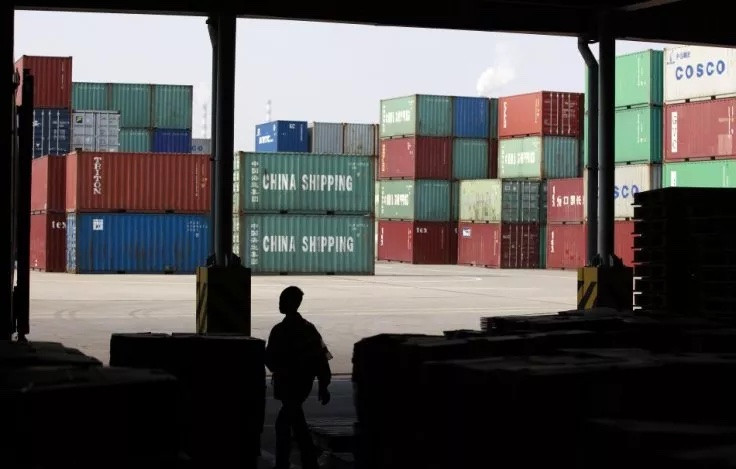Logistics execs see 2023 recession as 'Likely' or 'Certain'
The Agility Emerging Markets Logistics survey 2023 paints a sober picture, with more than 2/3 of respondents seeing a 2023 recession as 'Likely' or 'Certain'.
The critical underpinning provided by the logistics industry to the global economy is not always front of mind for most. Yet, imagine a delivery failure at your coffee stop enroute to work and it quickly becomes apparent; oh, the horror.
Industry forecasts are a harbinger of global economic trends. One leading forecast is captured by the Agility Emerging Markets Logistics survey - which for 2023, paints a picture of supply chains battling on multiple fronts. The survey gathers data from 750 logistics executives in 50 leading emerging markets to provide a snapshot of industry sentiment.
More than two-thirds of those surveyed see a recession in 2023 as 'Likely' or 'Certain', while 90% say their shipping and other costs remain well above pre-pandemic levels of early 2020.
"Carriers and shippers are feeling the effects of higher energy prices, tight labor markets and broader inflation even though freight rates have fallen and ports have cleared cargo backlogs," said Agility Vice Chairman Tarek Sultan. "Three years after the start of the pandemic, there is still a lot of volatility in supply chains. Now there's fresh uncertainty as consumers and businesses pull back on spending and hiring."

Country Rankings
The survey ranks countries for overall competitiveness based on three factors: their logistics strengths, business climates and digital readiness.
China and India held firm at 1s and 2nd in the overall rankings. UAE, Malaysia, Indonesia, Saudi Arabia, Qatar, Thailand, Mexico and Vietnam rounded out the top ten. Turkey, which came in 10th place last year, dropped to 11th. South Africa and Kenya were the highest among the countries in Sub-Saharan Africa, coming in 24th and 25th place respectively.
An Uncertain World: China, Ukraine and Beyond
Further down the rankings, the impact of volatile market conditions was evident. Conflict, sanctions, political tumult, economic missteps and continued COVID fallout damaged the competitiveness of Ukraine, Iran, Russia, Colombia, Paraguay and others.
In fact, a reported 97% face higher costs or other supply chain challenges as a result of the Russia-Ukraine conflict.
Whilst 30% planned to move business out of China, about the same proportion plan to ramp up operations in the country. China's strict Covid policies and difficulty of doing business in the country are key factors in decisions to leave.
Among countries leaping forward in certain categories are Bangladesh, Pakistan, Jordan, Sri Lanka and Ghana.
Speaking on the results, John Manners-Bell, Chief Executive of Ti, said "Geopolitical tensions have combined with financial uncertainty and the lingering effects of the pandemic to create an ever more complex business and investment environment."

Middle East and Africa: Bright Spots But Also Lessons to Learn
Arabian Gulf countries – UAE (3), Saudi Arabia (6), Qatar (7) and Oman (12) - again offered the best business conditions. However, innovation, technology and support for SMEs are seen as the most important factors in lessening Gulf countries' oil and gas dependence. The UAE and Saudi Arabia lead the pack on economic diversification efforts that others in the region could emulate.
There is positive sentiment around Africa - including optimism around the expected benefits of the African Continental Free Trade Agreement (AfCTA).
Climate Change
The results here are sobering - half saying climate change is a concern they must plan for, while another 18% say it is already affecting them.
However, whilst 53% say they have committed to net-zero emissions, around a third of respondents have not set a zero target deadline. Only 6.1% say their businesses have achieved net-zero.
Industry Trends: Digital Forwarding
Most respondents foresee strong growth in the use of digital freight forwarding, especially if error management can be improved - given its various advantages over traditional forwarders including tracking, payment, and speed of service.
© Copyright IBTimes 2025. All rights reserved.






















